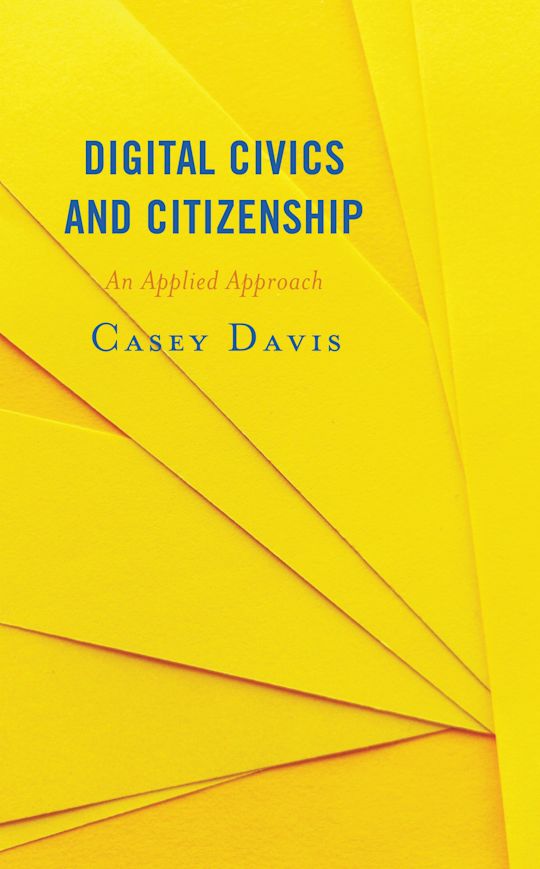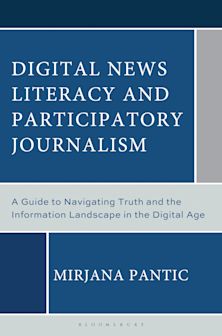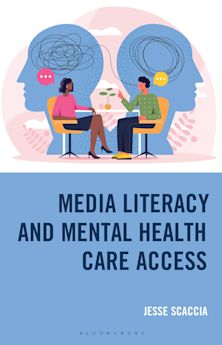This product is usually dispatched within 3 days
- Delivery and returns info
-
Free US delivery on orders $35 or over
Description
More and more individuals today are “digital natives.” They are comfortable with all of the advances in technology, using it every day. However, while they may be able to access the digital world easily does not translate into being able to successfully navigate it. Regardless of age and experience, young adults must be mindful of their digital presence in the expanding digital world. This book provides a guide for librarians, educators, counselors, and administrators to guide secondary and higher education students in successfully practicing responsible citizenship and civics in the digital world. In our world where our social credit is held increasing value, digital civics and citizenship are powerful tools, especially for students just venturing into this expansive realm.
Table of Contents
Chapter 1 – Overview
Chapter 2 – What is Civics?
Chapter 3 – What is Citizenship?
Chapter 4 – Current State of Civics and Citizenship Education
Chapter 5 – What’s Been Done in the Past
Chapter 6 – Where Do We Go from Here?
Chapter 7 – Social-Emotional Learning and Cultural Literacy
Chapter 8 – Virtue Ethics and Digital Civics and Citizenship
Chapter 9 – Approaches to Teaching Digital Civics and Citizenship
Chapter 10 – Diversity, Inclusion and Equity in Digital Civics and Citizenship
Chapter 11 – Teaching Digital Civics and Citizenship
Chapter 12 – Integrating with STEM/STEAM Curriculum
Chapter 13 – Integrating with Traditional Curriculum
Chapter 14 – Stand-Alone Digital Civics and Citizenship Classes
Chapter 15 – Sample Lesson Plans and Learning Activities
Chapter 16 – Standards, Outcomes, and Objectives
Chapter 17 – Products and Assessments
Chapter 18 – Cultivating Culture
Chapter 19 – Looking Forward
Resources
Product details
| Published | Jul 05 2021 |
|---|---|
| Format | Paperback |
| Edition | 1st |
| Extent | 188 |
| ISBN | 9781538141359 |
| Imprint | Rowman & Littlefield |
| Illustrations | 3 tables |
| Dimensions | 9 x 6 inches |
| Series | LITA Guides |
| Publisher | Bloomsbury Publishing |
Reviews

ONLINE RESOURCES
Bloomsbury Collections
This book is available on Bloomsbury Collections where your library has access.


































